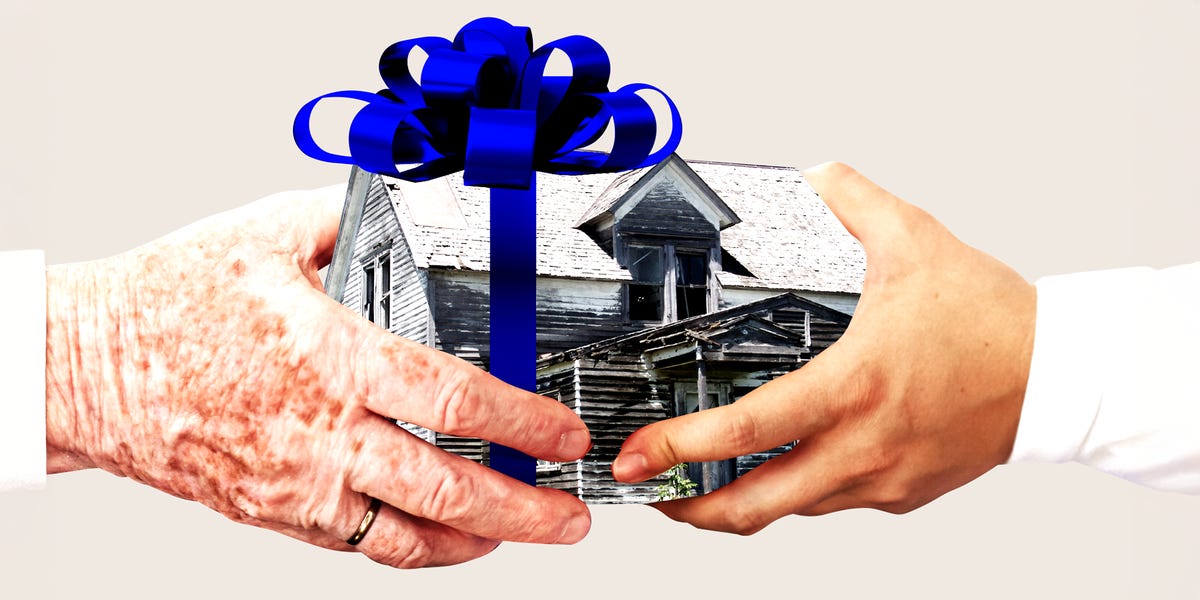T
he Boomer Home Dilemma
Millennials are facing a daunting challenge as they prepare to inherit the homes of their baby boomer parents. The US is on the cusp of a massive wealth transfer, with boomers set to turn 80 next year and leave behind a staggering amount of real estate.
Chelsea Atkinson's experience illustrates the complexities of inheriting a home. After her father's sudden death in 2019, she was left to navigate the emotional and financial implications of taking over his property. She had no desire to move back into the house, which was showing its age, and was unsure about what to do with all the sentimental artifacts and clutter inside.
Millions of millennials will soon face similar dilemmas as their boomer parents pass away or are forced out of their homes due to aging or illness. The inheritors may be unprepared for the financial responsibilities that come with owning a home, including property taxes, maintenance costs, and potential renovations.
Baby boomers dominate America's housing market, owning $19.7 trillion worth of US real estate, while millennials own just $9.8 trillion. This disparity is due to both their relative youth and the advantages enjoyed by their elders, who can afford to upgrade, downsize, or collect rental properties.
As boomers age in place, they are staying in their homes longer than previous generations, which means many of their homes will require extensive renovations. Their inheritors may find themselves thrust into a weaker market as housing demand slows due to sluggish population growth.
To navigate this complex landscape, millennials need to have open and honest conversations with their parents about their futures and the fate of their homes. This can include setting up trusts or beneficiary deeds to ensure a smooth transfer of ownership.
However, there are also tax implications to consider. If boomer parents sell their home while alive, they'll have to pay taxes on any profits made from the sale. But if they pass away and leave the property to their inheritors, the IRS offers a "stepped-up cost basis" that allows the new owner to sell the property with minimal tax liability.
Ultimately, there is no one-size-fits-all solution for passing down homes from one generation to the next. Each family's situation is unique, and what works for one may not work for another. But by having open conversations and planning ahead, millennials can ensure that their parents' legacy is preserved and that they are prepared to take on the responsibilities of homeownership.
Ari Rubin, founder and CEO of Flock Homes, warns that the biggest problem often arises in the year or 10 years before inheritance, when aging baby boomers may be forced out of their homes and into nursing care. This can leave millennials with a complex web of financial responsibilities and emotional decisions to make.
To mitigate these challenges, companies like Flock Homes offer solutions such as exchanging burdensome homes for a stake in a diversified real estate fund through a 721 exchange. Other options include setting up trusts or beneficiary deeds to ensure a smooth transfer of ownership.
Ultimately, the key to navigating this complex landscape is open and honest communication between generations. By having these conversations early on, millennials can ensure that their parents' legacy is preserved and that they are prepared to take on the responsibilities of homeownership.















